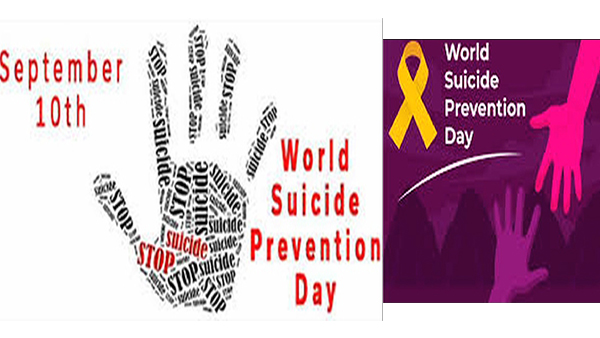 Preventing suicide has gained even more prominence this year as the ongoing COVID-19 pandemic affected people’s mental health harshly. Staying home, low physical activity, less socialising and unexpected changes in the way everything works are some of the reasons. Highlighting these situations, the national COVID-19 mental health and psychosocial response team launched a programme to train more gatekeepers for suicide prevention in the country.
Preventing suicide has gained even more prominence this year as the ongoing COVID-19 pandemic affected people’s mental health harshly. Staying home, low physical activity, less socialising and unexpected changes in the way everything works are some of the reasons. Highlighting these situations, the national COVID-19 mental health and psychosocial response team launched a programme to train more gatekeepers for suicide prevention in the country.
Gatekeepers are those ordinary and non-professionals who are in frequent contact with others in the communities. They are given skills and knowledge to recognise, intervene and lead distressed individuals to appropriate mental health resources.
The suicide rate in Bhutan, like in any other country is increasing steadily. Every year, there are around 100 cases of suicides reported in the country. Moreover, this pandemic has added fuel to an already existing suicide problem.
“We don’t know exactly for now how many people might have died by suicide because the data are still coming in, but we also know that the lockdown, the quarantine, and COVID disease itself has created so much of fear and anxiety and also depression among the people. Obviously we expect the suicide rate in the country will go up,” said Dr Chencho Dorji, a Psychiatrist with the Health Ministry.
Although online counselling by the response team has helped the team to tackle people’s mental health during the first lockdown, he said the cases of suicide are likely to increase if there is a subsequent lockdown in future.
However, on this World Suicide Prevention Day, he reminds everyone who is battling a silent battle that suicide can be prevented and mental health can be treated.
“I have a very simple mantra. Mental illness can be treated and suicide can be prevented. These two mantras are simple but very profound. We can prevent suicide if we take the right steps. If you seek help at the right time. If family members and friends are more sensitive to the needs of your people, you reach out to them. They should ask people. These are the simple mantras that anybody can follow. The worst situation is not telling anyone. And you are brooding these whole things and it becomes like a pressure cooker,” he added.
To mobilise the services from the response team, an online suicide prevention training programme for all the health workers, counsellors and any interested volunteers was also launched today. They are called the gatekeepers.
Samten Dolkar









